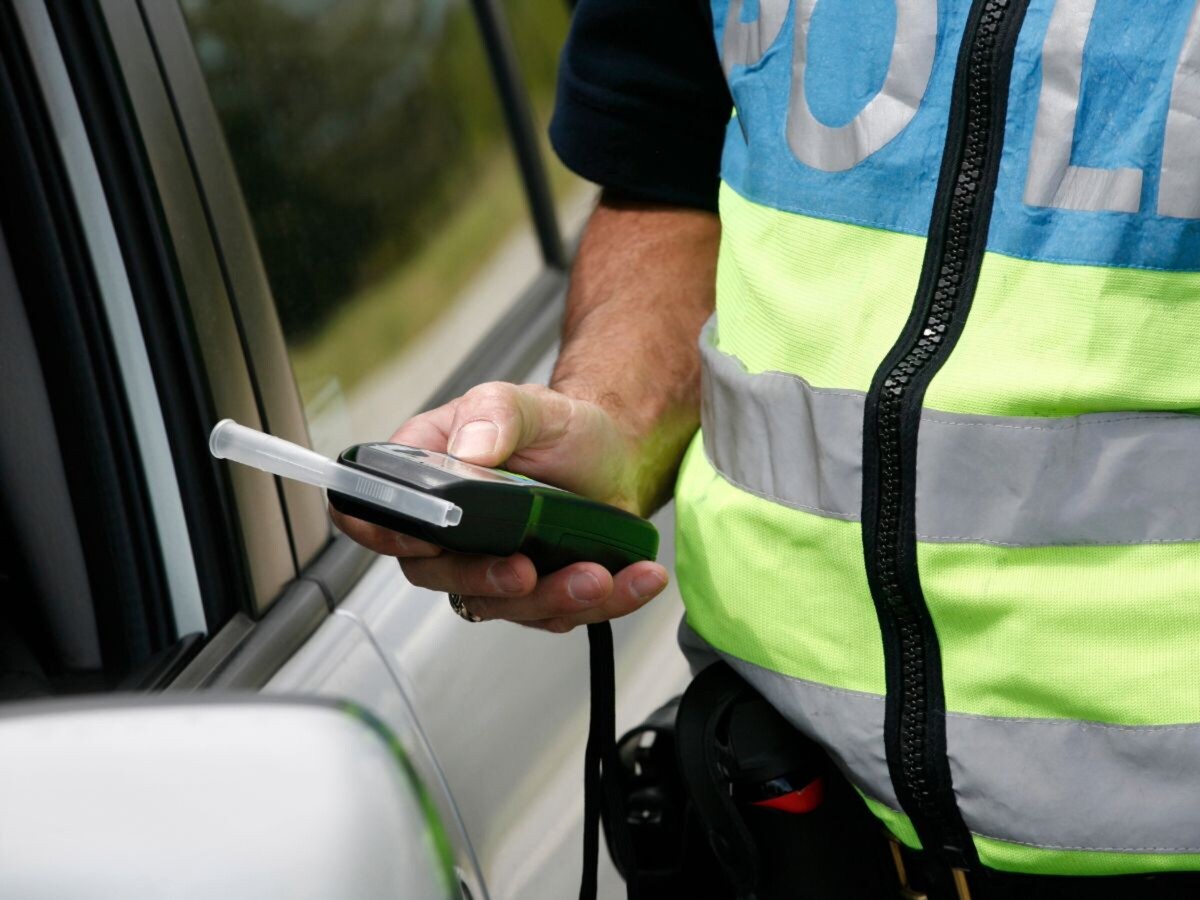Convicted of DWI (2008–2016)? You May Qualify for Post-Conviction Relief, Court Finds
Important Notice for Individuals Who Provided a Breath Sample on Certain Alcotest Instruments: If you were arrested for DWI between 2008 and 2016, you may be entitled to file a motion for post-conviction relief.
New Jersey courts have determined that certain breath tests, performed between 2008 and 2016 on affected Alcotest instruments, are scientifically unreliable if they were calibrated by a particular New Jersey State Police sergeant who failed to follow established protocols. If you were arrested and/or convicted for Driving While Intoxicated (DWI) under these conditions, you may be eligible for post-conviction relief.
Background and Legal Developments
State v. Eileen Cassidy, 235 N.J. 482 (2018):
The New Jersey Supreme Court found that the sergeant’s improper calibration procedures undermined the reliability of breath test results from instruments he calibrated. As a result, any breath samples taken on these defective instruments cannot be used as evidence in a DWI case.
State v. Thomas Zingis, 259 N.J. 1 (2024):
This more recent decision reiterates the principle that individuals convicted of DWI using these compromised results may be entitled to post-conviction relief.
Who Might Be Affected
You may be an affected defendant if you meet all of the following conditions:
- You were arrested for DWI between 2008 and 2016.
- You provided a breath sample on an Alcotest instrument resulting in a Blood Alcohol Concentration (BAC) reading.
- You were issued a summons for DWI and subsequently convicted of DWI.
- Your breath sample was taken on an Alcotest instrument in any of the affected counties or municipalities (including certain towns in Middlesex, Monmouth, Ocean, Somerset, and Union counties).
Potential Relief
If your breath sample was processed on a defective Alcotest device, the Court may invalidate your original DWI test results. Depending on the circumstances, you could seek:
- Vacating or modifying your DWI conviction, and/or
- Other remedies are permitted under post-conviction relief guidelines.
How to Determine Eligibility
- The New Jersey Attorney General’s Office and County Prosecutors have provided resources to help identify potentially impacted cases.
- Two key documents are available online:
- A spreadsheet listing every breath sample taken on the affected instruments from November 5, 2008, through April 9, 2016.
- A database containing PDF copies of the affected calibration records for these devices.
- These materials can be found on the Division of Criminal Justice webpage.
Next Steps for Affected Individuals
- Verify Your Eligibility
- Review the publicly available lists and calibration records.
- Confirm the date and location of your DWI arrest, as well as the Alcotest serial number or calibration information if known.
- File a Post-Conviction Relief Petition
- You may file a motion for post-conviction relief under Court Rule 7:10-2 with the municipal court administrator in the municipality where you were convicted.
- No special form is required beyond the petition or motion documenting your eligibility.
- Seek Legal Guidance
- You may consult a private attorney or municipal public defender (if available) to determine your best course of action and whether your situation qualifies for post-conviction relief.
Important Considerations
- No Application Fee: Filing for post-conviction relief typically does not involve a separate fee.
- Prompt Action: If you suspect your conviction may be affected, timely consultation with legal counsel and filing of the necessary paperwork can be crucial.
- Further Questions: Additional information, including a list of affected towns, can be found on various County Prosecutor websites and through the New Jersey Courts website.
If you believe you may be entitled to relief, take advantage of the provided tools to confirm your status, file the appropriate motion, and, if needed, retain legal assistance to safeguard your rights. This notice is intended to ensure that all potentially affected defendants are aware of their opportunity to challenge DWI convictions based on compromised Alcotest readings.















